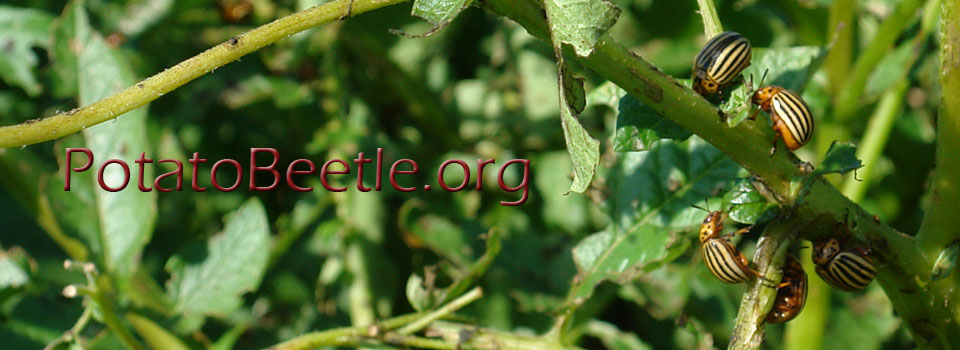Morin MD, Frigault JJ, Lyons PJ, et al. Insect Mol Biol. 2017;26(5):574-583. doi: 10.1111/imb.12320.
The Colorado potato beetle [Leptinotarsa decemlineata (Say)] is an important insect pest that can inflict considerable damage to potato plants. This insect can survive extended periods of cold exposure, and yet the molecular switches underlying this phenomenon have not been fully elucidated. A better characterization of this process would highlight novel vulnerabilities associated with L. decemlineata that could serve as targets for the management of this devastating pest. Using high-throughput sequencing, the current work reveals a cold-associated signature group of microRNAs (miRNAs) in control (15°C) and -5°C-exposed L. decemlineata. The results show 42 differentially expressed miRNAs following cold exposure including miR-9a-3p, miR-210-3p, miR-276-5p and miR-277-3p. Functional analysis of predicted targets associated with these cold-responsive miRNAs notably linked these changes with vital metabolic and cellular processes. Overall, this study highlights the miRNAs probably responsible for facilitating cold adaptation in L. decemlineata and implicates miRNAs as a key molecular target to consider in the development of novel pest management strategies against these insects.
